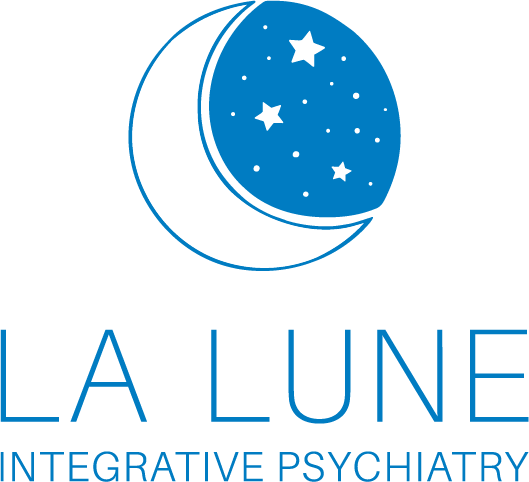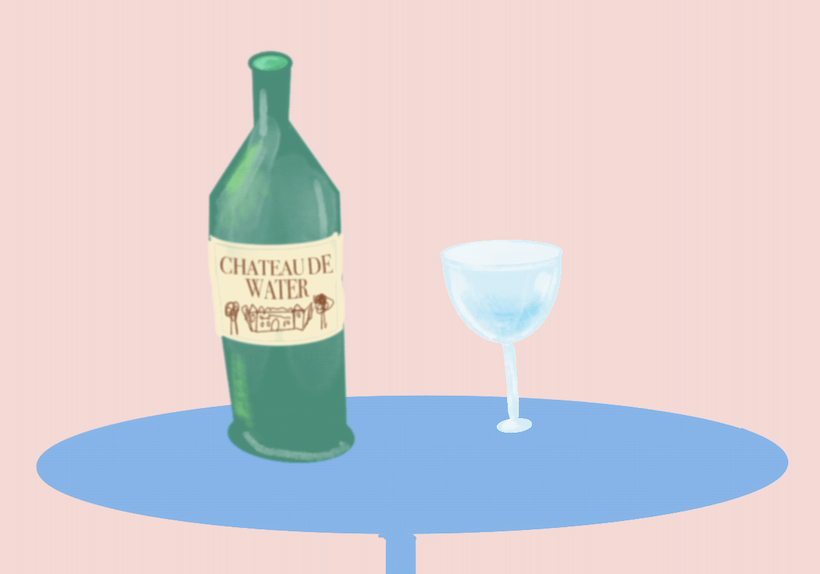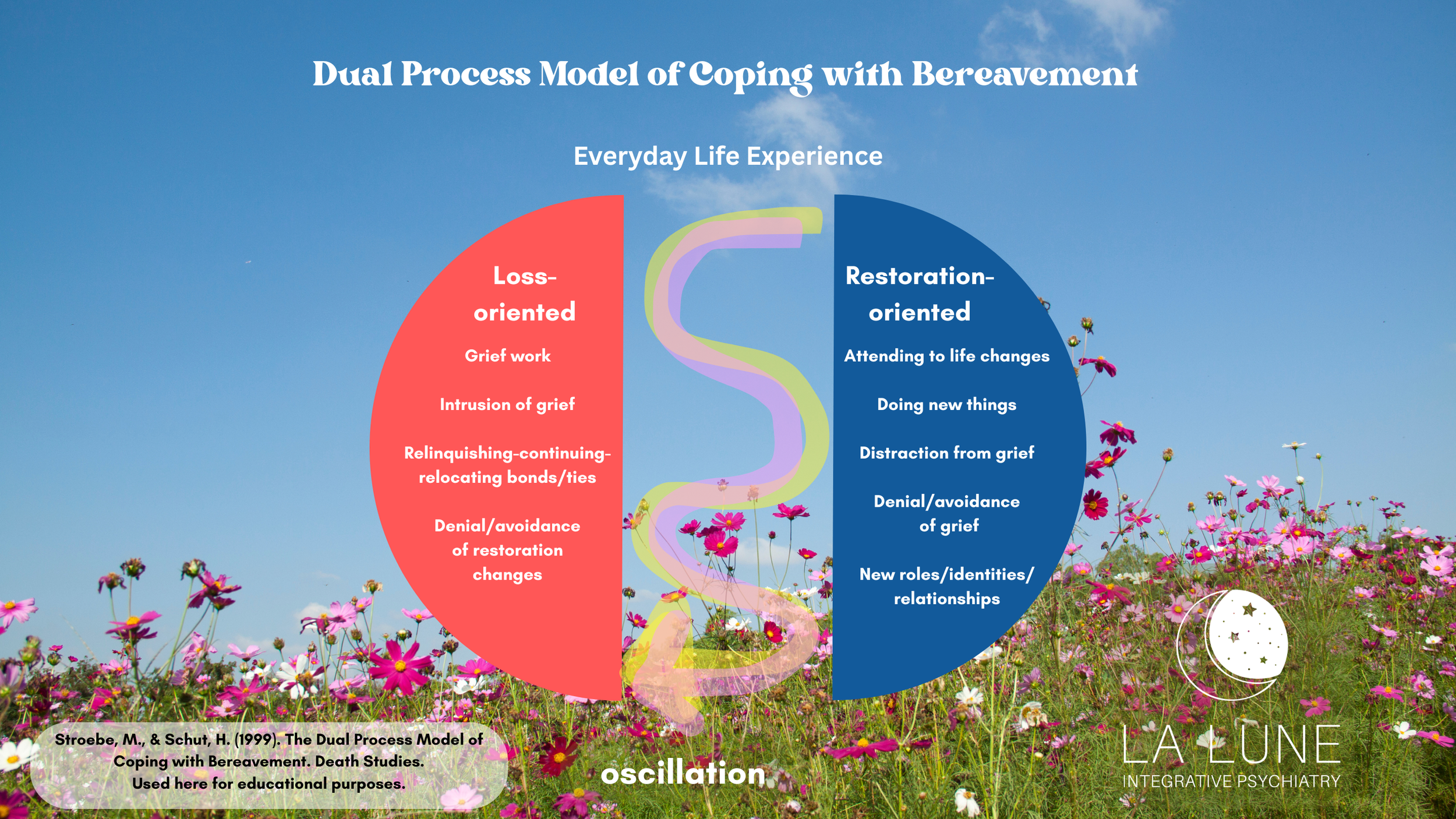
Postpartum Depression & Anxiety
Compassionate Care for New Parents — Because You Deserve Support Too
About Maternal Mental Health
1 in 5 new and expecting mothers experience perinatal mood and anxiety disorders (PMADs). Despite being relatively unknown, it’s actually very common and treatable. PMADs include symptoms of anxiety, depression, OCD, bipolar, PTSD and postpartum psychosis. These symptoms can occur during pregnancy or 1-2 years after giving birth.
You’re carrying a lot. Birth, or becoming a parent, can throw your world into motion:
Rapid hormonal changes
Major shifts in routine and identity
Sleep disruption + physical recovery + new caregiving demands
For some, underlying anxiety, previous trauma, mood disorders or thyroid/medical changes elevate risk
What It Can Look Like
Postpartum mood and anxiety issues can show up in many ways:
Persistent sadness, emptiness, or guilt
Racing thoughts or panic attacks (for example, fears around your baby’s safety)
Difficulty sleeping even when your infant is sleeping
Feeling detached from your baby or unable to bond
Increased irritability or anger — and frequent tearfulness
Physical tension, stomach upset, or unexplained aches
Overwhelm from even small tasks, feeling like you’re “running on empty”
Symptoms can emerge at any point during pregnancy or within the first year postpartum — and for many, the challenge deepens when sleep deprivation, isolation, or hormonal shifts are present.
How We Help
At La Lune Integrative Psychiatry, we approach postpartum mood and anxiety with a blend of compassion, clinical rigor, and real-life flexibility. We can help you:
Find a safe, evidence-based approach to medication even while breastfeeding or planning future pregnancies
Access integrated care including individual therapy, lifestyle & nutritional support, and sleep and hormone evaluation
Work with you remotely or in-person across Washington, Oregon, Colorado, Arizona & New Hampshire
Coordinate with your OB-GYN, midwife, or pediatric team to support you and your baby as a system
Recovery doesn’t mean you stop feeling tired or you always feel “on top of things.” It means you can feel more yourself again, with more ease, more clarity, and less underlying anxiety.
You Deserve This
Postpartum anxiety or depression doesn’t mean you’re failing — it means you’re working hard, and your brain/body needs support. Treatment helps you reconnect with yourself, your baby, and your life. The sooner you reach out, the easier recovery tends to be.
If you ever feel like you might harm yourself or your child, please call 988 (U.S.) or go to your nearest emergency department.




















